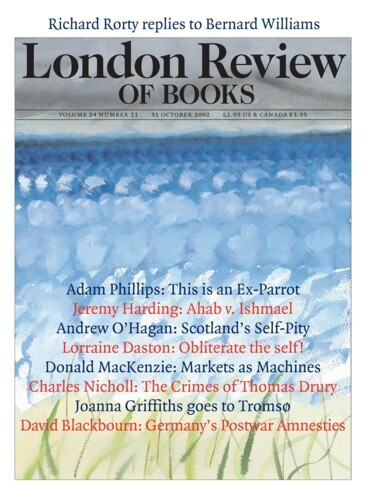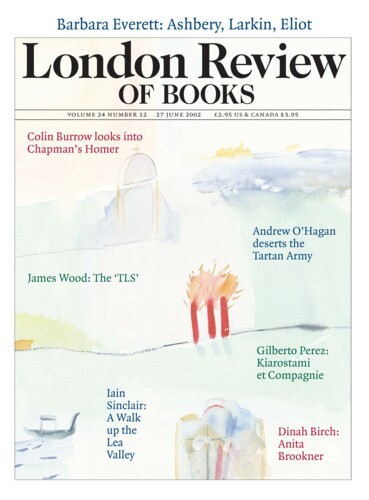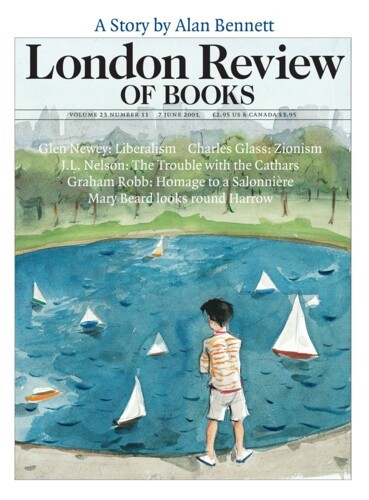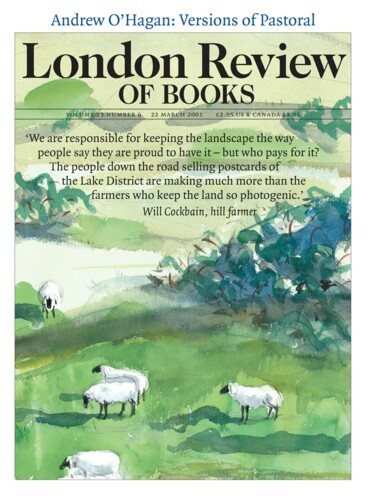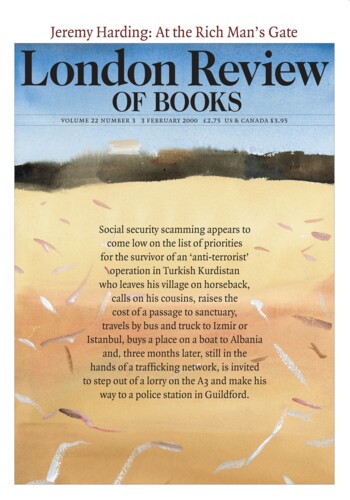More Reconciliation than Truth: Germany’s Postwar Amnesties
David Blackbourn, 31 October 2002
Over the long term, Germans have made a good job of confronting the criminal, genocidal character of the Third Reich. Historical writing, schoolbooks, literary works, public and political debate all point to an engagement with the years 1933-45 that came earlier and was more intense than anything we find in Japan, or in Austria, self-styled ‘first victim’ of National Socialism....
